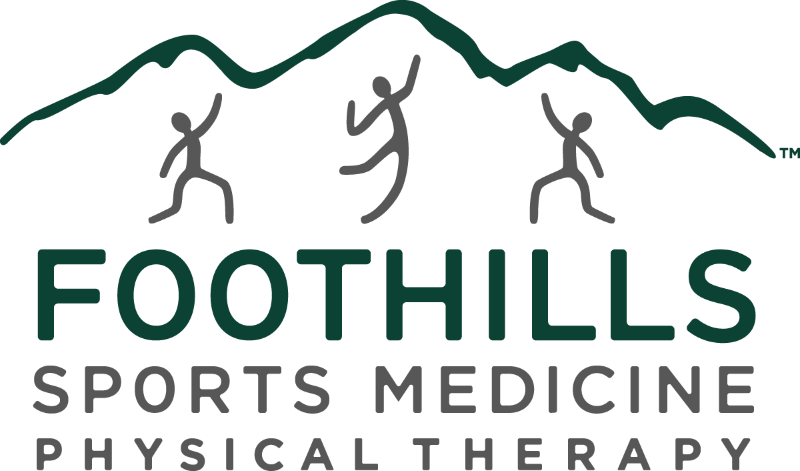Our backs are involved in everything we do and are the foundation for every movement we make. We cannot sit, stand, walk, or reach without involving our backs. And, since approximately 80% of us will experience back pain at some point in our lives, it is crucial that we understand our backs better.
So, how do you know when your back pain really needs professional attention or when it’s okay to just stick it out with an ice pack? Here are some guidelines that may help:
How much does it hurt?
If you are experiencing back pain for the first time, congratulations, you are old. Not really. It is common for the first episodes of to occur in the mid-twenties to early thirties. They often resolve quickly but may be associated with more trauma since most of us are more active in that age range. If you have one or two occasions a year when your back hurts, don’t wait for the next one. This could mean that your spine has some significant mobility issues that must be addressed. You don’t want to put off getting your back examined because those one or two episodes could turn into three or four occurrences or one big incidence that can really leave you immobilized.
Where is the back pain located?
If your pain is localized to a small area of your low back, it is likely that your injury is not as severe. If, on the other hand, your pain travels down into your buttocks and into the back of your thigh or leg, then you should consult a healthcare professional.
Is your back irritable?
You can often tell something about the severity by how irritable it is. If you find that every movement bothers your low back, then it is definitely more severe than someone who only has pain when they bend in one direction. Try to pay attention to which movements trigger your pain because it can help your doctor and physical therapist determine the problem.

Snap, crackle, pop!
Some back pain episodes are precipitated by a pop or significant pain, and the pain goes away. Only to come back intensely the next morning. This often suggests that chemical irritation (which takes time to develop) has occurred and a significant inflammatory process is occurring. This is a good instance where you should see a healthcare professional. They need to determine the extent of the damage and possibly control the inflammation.
Is your back pain getting better?
If you notice steady improvements day by day, then your body is naturally healing. Try to be careful, though; you don’t want to justify mild improvements. If you haven’t seen a total recovery in one week, then you should consult a professional just to be sure. If you are noticing a regression, then obviously, your back does need some help.
We need to be vigilant about taking care of our backs now. Let’s face it; we only have one spine and a long life to live with it. Be proactive and schedule a free injury assessment and learn what you can do to avoid back pain.





